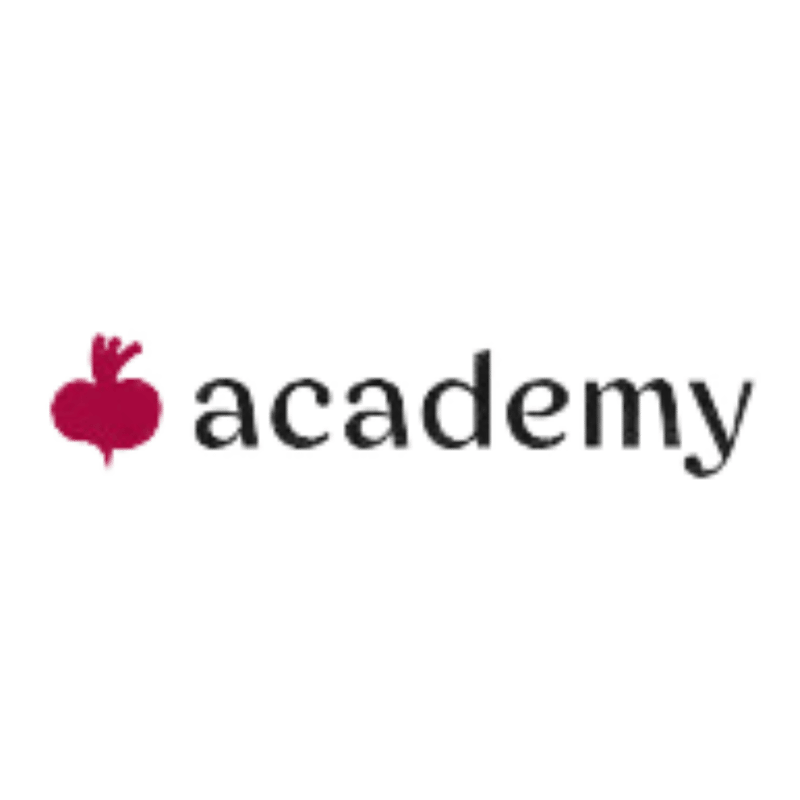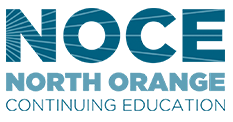
Financial aid (may be available)

Financial aid (may be available)

Financial aid (may be available)

Financial aid (may be available)
No cost info

$220 to start
$440 total

No cost info
$3,550 total
Financial aid (may be available)
OPTI Medical Systems supports the Online Quality Assurance Program (QAP) to add value to your OPTI CCA-TS2 analyzer. Online QAP facilitates the evaluation of quality control (QC) data with that of your peers for trends and shifts. Do not miss out on these valuable services that OPTI Medical provides OPTI analyzer users at no additional charge.
No cost info
The Graduate Certificate in Quality Assurance Compliance provides an in-depth knowledge of the global regulatory and compliance requirements for the development, marketing approval, and clinical utilization of biomedical products in today’s dynamic global healthcare environment.
No cost info
This program is designed for the chemist, bio-chemist or biologist in the pharmaceutical and biologic industry new to quality assurance and control, and is beneficial to senior year undergraduates and graduate students (using concurrent enrollment) interested in a career in QA/QC.
The program focuses on the quality requirements for the production and control of biologics and drugs, and the differences between quality control and quality assurance and their interaction with manufacturing. It highlights the importance of implementing and maintaining a quality system during the early stages of drug development, including the plethora of documents and controls necessary to make such a system effective. Guidelines and regulations from the FDA and the California State food and drug branch regulate the production of drug products. Quality Assurance (QA) monitors the manufacturer's compliance to these guidelines and regulations.
Instruction covers how to write, issue and control SOPs; manufacturing directions; and how to review and archive a batch history and other relevant documents. Emphasis is placed on conducting inspections and vendor audits for compliance to cGMPs to include contract manufacturers, bulk pharmaceutical chemical manufacturers and contract test laboratories. The program covers cGLPs and their applications to audits of facilities that provide toxicological services. Details on compiling, writing and archiving audit reports is provided.
No cost info
Quality assurance training helps applicants for understanding the basic concepts of information technology and software testing which help them excel as Quality Assurance (QA) specialists. The quality assurance course also covers physical products in determining defects in manufactured products and preventing them, pre-production, SDLC-Software Development Life Cycle, Production Environment vs Sandbox Environment, Mantis Bug Tracker, and many more. During the QA online training, you will learn how to decode the application of dynamic and static techniques, conduct walk-thoughts and audits, create a quality analysis, perform boundary value analysis, and test plan hands-on through this Quality assurance certification training.
No cost info
Mount St. Mary’s University is home to Maryland’s only certificate in quality assurance and regulatory science (QA/RS). The fully online program prepares you to lead your company through the efficient delivery of high-quality products within a competitive market.
No cost info
Are you looking to kickstart your career in Quality Assurance (QA)? If you're located in San Francisco, you're in luck! There are plenty of quality assurance classes available in the area that can provide you with the necessary skills and knowledge to excel in this field. In this blog post, we'll explore what quality assurance is, the training requirements, what to look for in a class, and more. Whether you're a recent graduate or looking to make a career change, quality assurance classes can open new doors for you.

Quality assurance is a crucial part of any industry. It involves ensuring that products or services meet the required standards and specifications. Quality assurance professionals play a vital role in identifying and rectifying any issues or defects in the production process. They are responsible for implementing quality control measures, testing products, and ensuring compliance with regulations.
Quality assurance involves a systematic approach to prevent, identify, and correct defects or errors in products or services. It focuses on improving processes and preventing problems from occurring in the first place. Quality assurance professionals work closely with other teams to ensure that quality standards are met throughout the production process.
To pursue a career in quality assurance, you'll need to acquire the necessary skills and knowledge through training. While a college degree is not always required, it can certainly give you an edge in this competitive field. Many vocational training programs offer quality assurance courses that cover the essential concepts and skills needed for this role.
When searching for quality assurance classes in San Francisco, consider the following factors:
Quality assurance classes typically involve a mix of theoretical knowledge and practical hands-on training. Here's what you can expect from your day-to-day class:
After completing your quality assurance class, you may choose to pursue certification to further validate your skills and knowledge. The certification process typically involves the following steps:
Once you've completed your quality assurance training and obtained any desired certifications, it's time to start your job search. Here are a few tips to help you find a job in quality assurance:
Once you've established yourself in the field of quality assurance, you may consider further training and career development opportunities. Here are some additional classes you can take to enhance your skills and advance your career:
Quality assurance is a field that offers a range of career opportunities across various industries. By taking quality assurance classes in San Francisco, you can gain the necessary skills and knowledge to excel in this field and find a fulfilling career. Remember to research the training programs, review their curriculum and resources, and consider any relevant certifications. Dreambound can be an excellent resource to help you find quality assurance classes and further your vocational training journey. Visit Dreambound to explore their platform and discover other vocational classes and career options. Good luck on your quality assurance journey!
Explore Dreambound's in-depth guides, each shedding light on the unique requirements and challenges in cities across the US. For more insights, be sure to check out our other guides.
Exploring a variety of professional opportunities? Dreambound has many extensive guides to help you make informed decisions. Check out these guides:
Dreambound's platform allows prospective students to find the right educational program for them through searching, filtering, and connecting with our extensive selection of career & technical education partners.
Dreambound has over 70 programs across healthcare, technology, business, and industrial trades. This includes programs such as Medical Billing, Cybersecurity, and welding.
Some of our schools offer financial aid for those who qualify. Many others offer payment plans, where you can pay the cost of class over time.
Yes, Dreambound offers many online programs. On Dreambound's search, you can filter by online, in-person, and hybrid (part online, part in-person).
Dreambound is completely free for you to use! We are supported by schools and organizations who pay to advertise on our website, so we can offer all of our career resources for free.